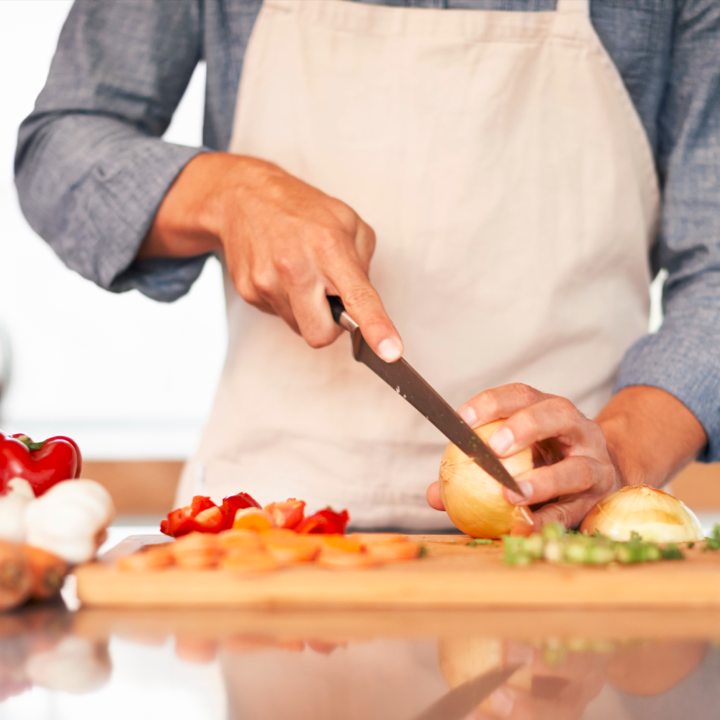The Art of Marinating Chicken: A Comprehensive Guide
There’s nothing quite like the succulent tenderness of a perfectly marinated chicken, a universal culinary delight that owes its explosion of flavors to a technique that’s been around for centuries – marinating. Despite its simplicity, marinating chicken is an art, one that demands an understanding of the right ingredients, proportions, and time. Let’s explore this culinary art and learn how to marinate chicken to perfection.
The Purpose of Marinating
Marinating serves two primary purposes: tenderizing and flavoring. The acids present in the marinade, such as vinegar, wine, or citrus juices, work to break down tough protein fibers, rendering the chicken more tender. Meanwhile, the infusion of spices, herbs, oils, and other flavoring agents seeps into the chicken, enhancing its natural taste.
Choosing Your Ingredients
Acid: This is an essential ingredient in any marinade, as it helps tenderize the chicken. Lemon juice, vinegar, yogurt, or wine are commonly used. Pineapple and papaya also contain natural enzymes that tenderize meat.
Oil: Oils help distribute the flavor evenly and aid in browning the chicken when cooking. Olive oil, canola oil, or sesame oil are excellent options.
Seasonings: These ingredients provide the main flavor. Herbs like rosemary, thyme, oregano, and spices like cumin, paprika, and pepper, work great. Don’t forget salt—it amplifies all the other flavors.
Creating the Perfect Marinade
A standard rule of thumb for marinades is the ratio 3:1, three parts oil to one part acid. Then, add your seasonings. For example, a simple marinade could include ¾ cup of olive oil, ¼ cup of lemon juice, two crushed cloves of garlic, and a mix of your favorite herbs and spices.
Marinating the Chicken
Once your marinade is ready, place the chicken in a non-reactive dish or a zip-top bag. Pour the marinade over the chicken, ensuring it’s fully submerged. Seal the bag or cover the dish and refrigerate.
The Marinating Time
The marinating time varies depending on the size of the chicken pieces and the strength of the marinade. As a general guide, chicken breasts should be marinated for at least two hours, but not more than 24 hours. Dark meat cuts like thighs and drumsticks can withstand longer marinating times, but still, should not exceed 48 hours.
Cooking the Marinated Chicken
Remember to let the chicken come to room temperature before cooking it—around 20 minutes should suffice. Also, discard the used marinade or boil it before using it to baste the chicken to eliminate any potential bacteria.
Whether you’re grilling, baking, or pan-searing, properly marinated chicken is bound to be a star attraction in your meal.
Marinating chicken is a culinary technique that combines science and art. By mastering this process, you can elevate your chicken dishes, transforming an everyday protein into an extraordinary feast of flavors. Remember, the key to a perfect marinade is balance—too much acid can make your chicken tough, and too little might not tenderize it enough. So, follow the guidelines, experiment with flavors, and let your taste buds guide you.




